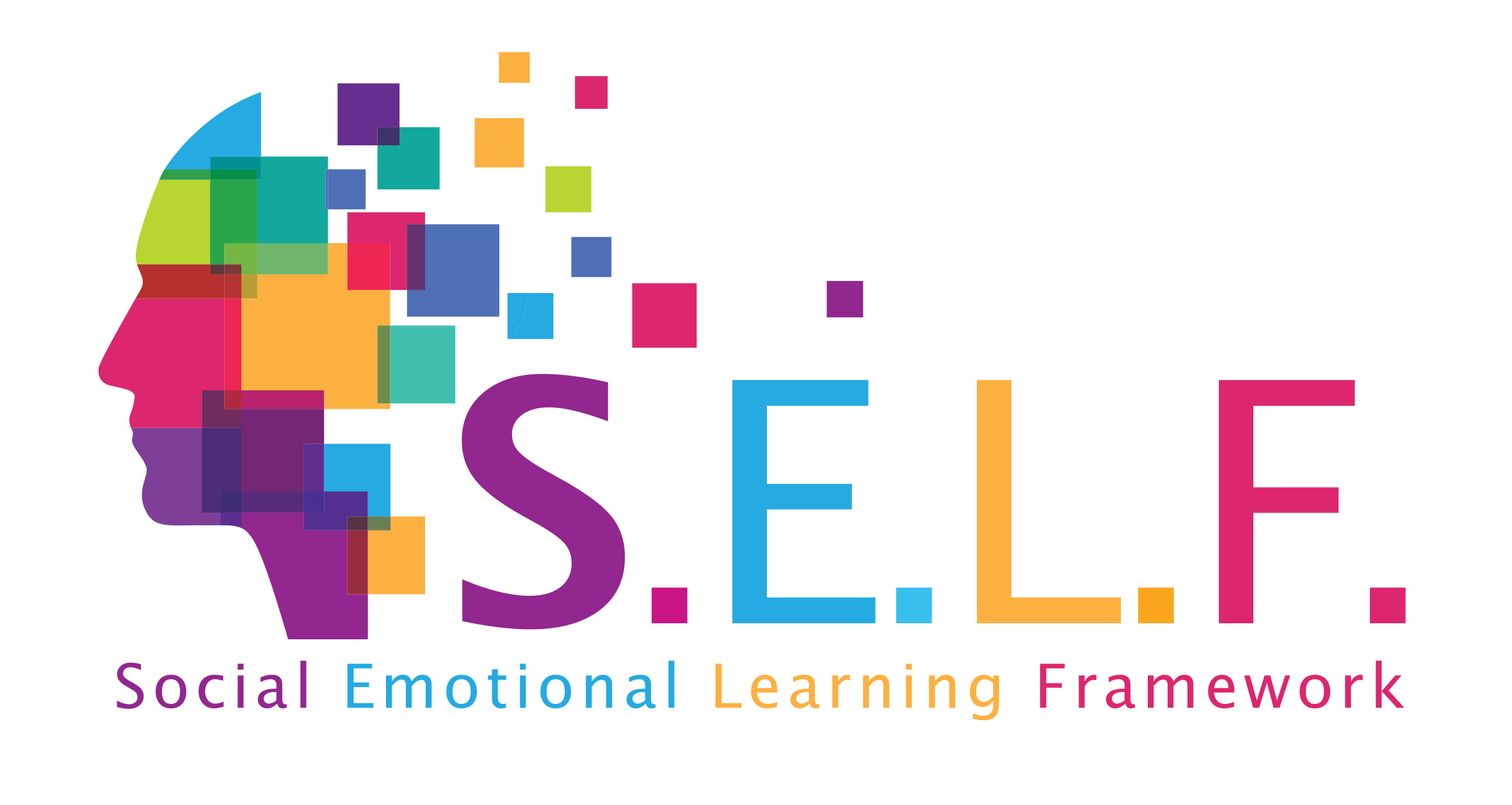Forced Migration
Practice: The activity involves the stages of creative drama such as warm-up, activity, game play, improvisation, and creation. The practice is concluded with a final assessment.
- Warm-up
The song “Journey” by Mark Eliyahu plays. Imagine someone is packing. A bag where you put all your belongings that you need. You are setting out somewhere you don’t even know with that bag. You have your family with you or maybe you are all alone with no one. Try to imagine the roads you pass by together with the music. You are hungry and you are running out of almost all the money you have and can’t afford food. Keep walking desperately with luggage. You are walking on a rough terrain, covered with stones and mud. One shoe left behind, you struggle to walk with the remaining one. You are filled with mud and your feet are hurt by stones. The luggage keeps feeling heavier. Its wheels are gone because of the rocky terrain. You keep pulling but it only wears off. And then you feel exhausted and drained. Eventually, you end up leaving behind your luggage just like all the memories you had and keep walking.
- Activity
Four key topics are placed on the four corners of the classroom: Education, healthcare, finance, psychology. The classroom is divided into four groups. Each group is asked to write about the potential problems under each key topic by changing their spots.
- Game
Newspaper game: A newspaper is put on the floor. A playlist suitable for war and action plays. Participants move freely, with music in the background. They need to sit on the newspaper once the music stops. Anyone outside the newspaper zone loses the game. As the newspaper area keeps narrowing, the game continues until there is one last person left out. In the meantime, the leader gives the following instruction: Imagine that this newspaper is a boat. And you are people who are fleeing a war. Imagine that the music you hear now represents the sounds of war. Once the music ends, you either are on the boat, thus survive the war or you fall onto the sea.
- Improvisation
The class is divided into four groups. The split screen technique is used to ask the students to improvise. Through improvisation, the first group represents a group of immigrant women with their babies; the second group represents a class with immigrant students; the third group represents a boat of refugees wishing to escape to another country; and the fourth one represents a demolished city in the aftermath of the war. The following images are provided to be used as tips in their improvisation.
- Formation
The song “Drops” by Mark Eliyahu plays. The class is divided into four groups and a photo is given to each group. Each group is also asked to select one of the four key themes in the conducted activity. They are asked to write a lament/poem for their photo and theme. (Photos are provided below. The groups are asked to write a lament/poem according to the following definitions.)
Photo 1: You are a woman who migrated with her child.
Photo 2: You are a kid trying to read an unknown language, surrounded by a crowd of people you don’t know.
Photo 3: You are an officer trying to save the people from the sunken boat of refugees.
Photo 4: A city destroyed and abandoned by people after the war.
- Assessment
- What are challenges faced by people who are forced to migrate?
- What is needed during forced displacement?
- What are the material and moral issues arising from the war?
When to Use
It can be arranged any time around the year as needed, and as part of the Human Rights Day activities.
Age Level
11th and 12th Grades
Duration
60 mins
Materials
An A4 paper, pencil, newspaper, photo, speaker
Purpose
Ensuring that the student understands the reasons behind forced migration that occurs due to wars. They become aware of the material and moral issues arising from the war.
Related Areas of Social-Emotional Learning
Self-awareness, social awareness, empathy
